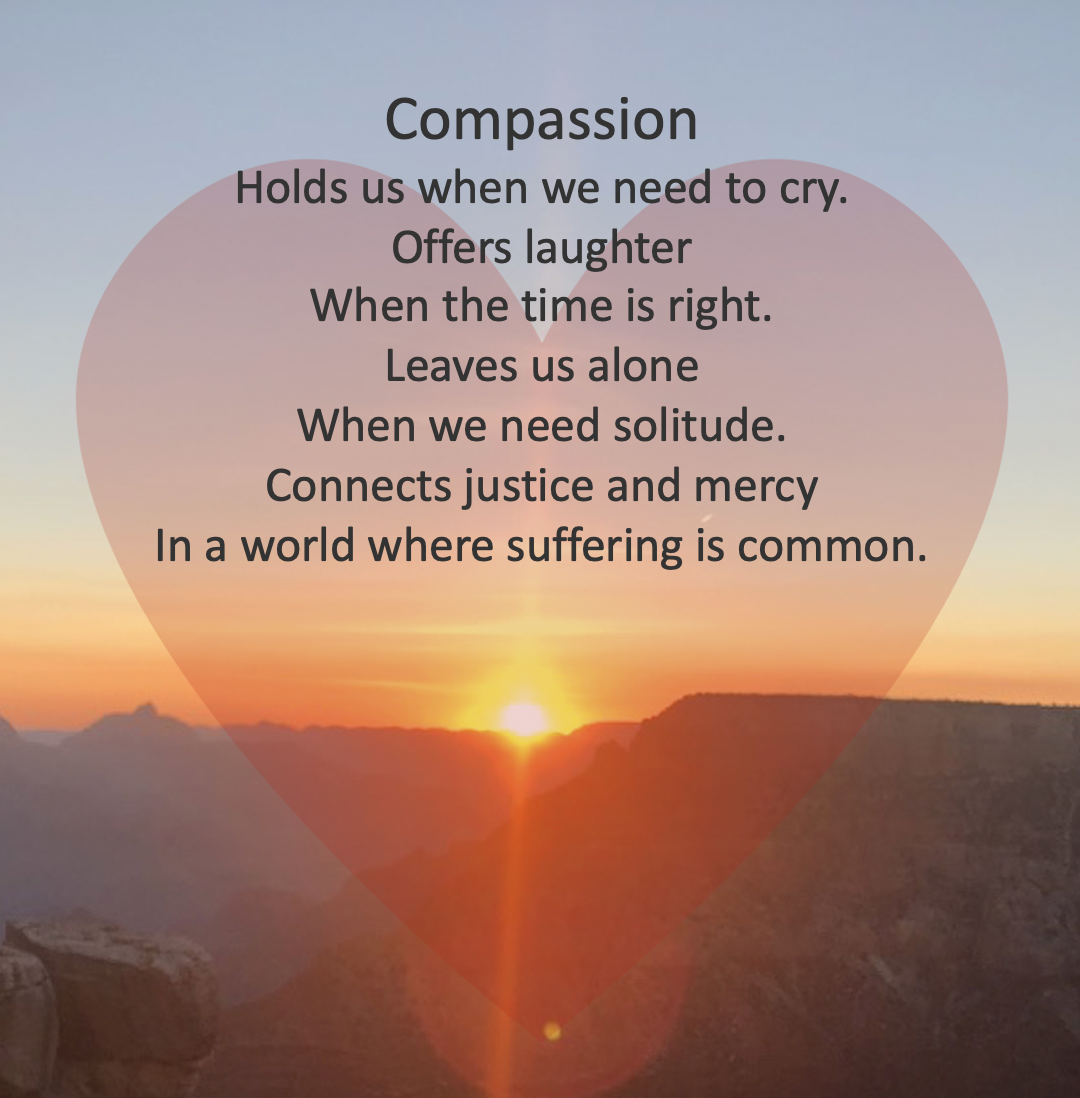Pope Francis once said that compassion is the language of God. Let’s seek it this Easter
Compassion is celebrated by most of the world’s moral traditions. Compassion is the source of human connection. Some think it even goes beyond that. Pope Francis once said that compassion is the language of God. But philosophers worry that compassion is too passive, subjective and melancholic.
The Dalai Lama is an important voice of compassion. He explains that as compassion grows, we develop “both genuine sympathy for others’ suffering and the will to help remove their pain.” Compassion is more than passively feeling the other’s pain. It is also an active response that wants to alleviate suffering.
Buddhist teachings about compassion are often oriented around suffering. A colleague of the Dalai Lama’s, Thupten Jinpa, explains, “At its core, compassion is a response to the inevitable reality of our human condition— our experience of pain and sorrow.”
This is obviously important in a world that includes far too much pain. If we were all more concerned with the suffering of others, the world would be a better place. And while this focus on suffering can seem gloomy, the Buddhists connect compassion with tranquility and happiness. The Dalai Lama says, “The more we care for the happiness of others, the greater our own sense of well-being becomes.”
This may seem paradoxical. But it is only a paradox if compassion is understood as shared suffering. Melancholic compassion is only half of the story. Compassion is also at play in laughter and love-making. Compassion shares joy as well as tears.
To keep compassion too tightly bound to suffering and grief is like having Good Friday without Easter. The point of the Easter story is not to wallow in the darkness, but to re-emerge into the light.
Compassion shares “passion” or emotional experience with others. Our passions are not only negative. Grief, mourning, and despair are certainly important emotions. But wonder and delight are also powerful experiences. Compassion moves us to share the passions of the other person, in sadness and in joy.
Compassion feels good because we are social beings. The receptiveness of compassion is wired into our brains by evolution. As social beings, we enjoy sharing in play, poetry, music, and in the rituals of social life. We do better when we do things in common. Compassionate activity overcomes loneliness and despair. It also allows us to share in playful fun.
One recipe for happiness is found here: if you want to be happy, hang out with happy people who are doing happy things. Happiness — like sadness — is contagious.
Compassion is only melancholic when it is confused with pity. Pity dwells in the negative. We don’t pity people who are doing well. Pity is reserved for the suffering.
The philosopher Immanuel Kant warned against pity. Compassionate pity can “infect” us with the suffering of others, he said. If I suffer because another person is suffering, the result is simply more suffering.
Compassion is better understood as a natural urge to help those who suffer. And while this urge can lead us to act, Kant thought it was insufficient. Sometimes our compassionate urges prevent us from doing our duty. This occurs, for example, when mercy prevents us from punishing those who deserve to be punished. Kant thought that compassion had to be guided by justice.
A similar problem holds for the famous Golden Rule. Love of the neighbor is important. But this does not mean you ought to give the neighbor anything he wants. Love without justice is blind. But justice without mercy is cruel.
A further problem occurs when compassion becomes intrusive. Sometimes we want companionship in our suffering. We cry better (and laugh better) in the company of friends. But sometimes, we simply want to be left alone.
Of course, compassionate people understand all of this. Truly compassionate people have a knack for knowing what is needed. They hold us when we need to cry. They offer laughter when the time is right. They leave us alone when we need solitude. And they try to connect justice and mercy in a world where suffering is common.



